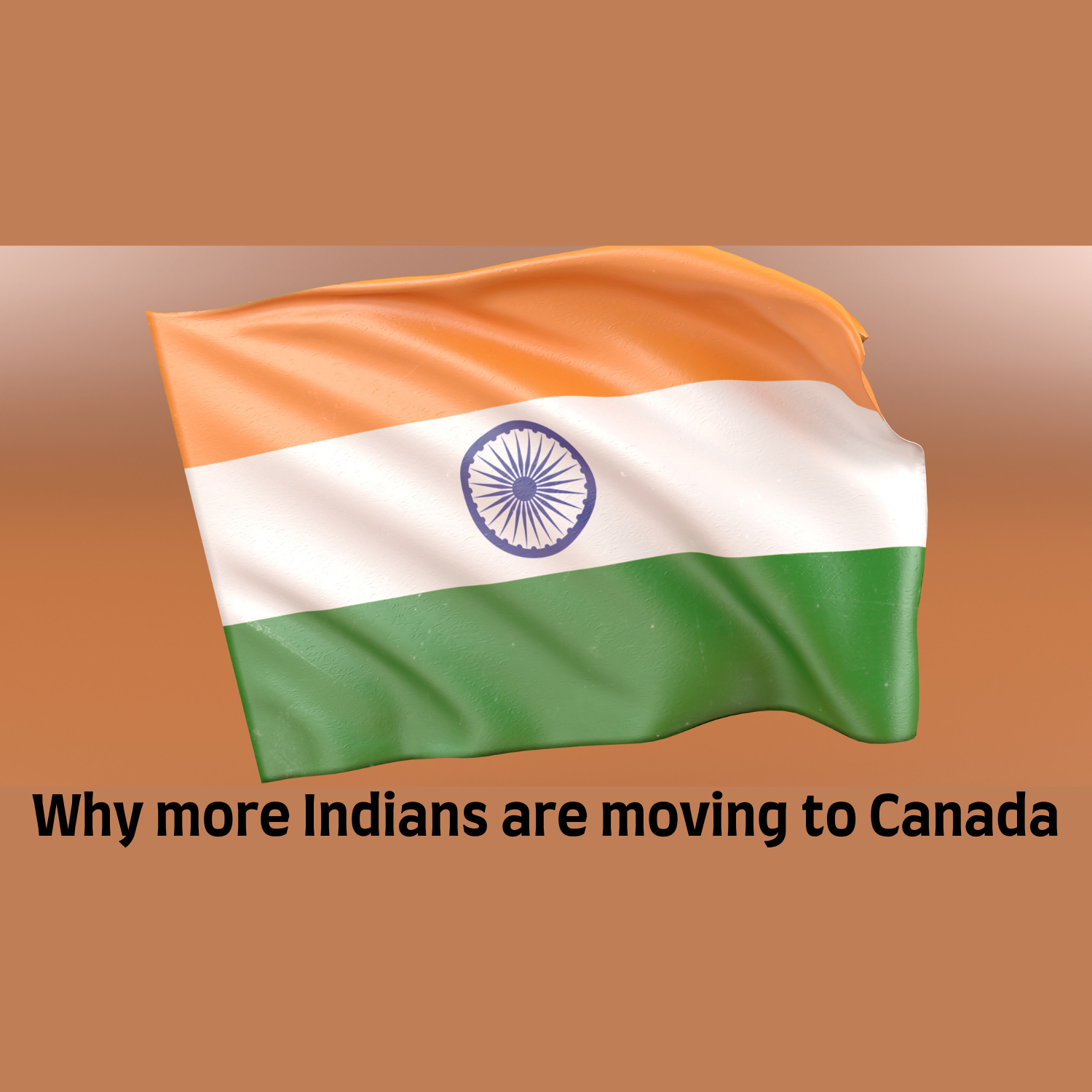India is Canada’s leading source of global talent by a very wide margin.
India is far and away Canada’s leading supply of global talent.
In 2021, Canada will welcome over 405,000 immigrants, an all-time high. Nearly one-third of those immigrants are of Indian origin.
In addition, Canada welcomed nearly 450,000 international students last year, with Indians comprising virtually fifty percent of this total.
Apply For Canada Immigration From India
There were additionally over 10,000 Indians who moved to Canada under the Temporary Foreign Worker Program and a few 130,000 got work permits under the International Mobility Program.
High levels of Indian newcomer arrivals are often explained by a mix of international and domestic Canadian factors.
Internationally, India features a growing bourgeois population with the education, language skills, work expertise, and settlement funds that Immigration, Refugees and Citizenship Canada (IRCC) needs to approve a visa.
These attributes are necessary for all Indians trying to move to Canada, whether or not as permanent residents, foreign staff, or international students.
Another necessary international factor is that the shortage of permanent residence pathways within the US has led to an increasing number of Indian foreign staff moving to Canada to pursue permanent residence in recent years.
Domestically, Canada has created a spread of major immigration policy changes that are of nice benefit to Indian talent.
In 2015, IRCC introduced express entry to manage its main federal economic class immigration programs.
This entailed introducing the comprehensive Ranking System (CRS) as a way to get and rank candidates based on the likes of their age, education, language skills, work expertise, and alternative factors like having Canadian education and work expertise.
Given the aforementioned characteristics they possess, Indians tend to fare well under the CRS and are simply the highest supply of successful candidates who go on to receive permanent residence through express entry.
For instance, the high levels of English proficiency among Indians offer them a major advantage over nationals of the many alternative countries.
In addition, IRCC launched the student Direct Stream (SDS) in 2018 to allow eligible Indians to fast-track their studies in Canada.
Indians who meet SDS criteria will get their study permits more quickly.
The SDS additionally features a higher approval rate than applying for a study allowed through the conventional pathway.
As noted, finding out in Canada then occurring to figure here, usually through the Post-Graduation work permit (PGWP), provides Indians with a plus under express Entry in addition as several alternative Canadian immigration programs like the Provincial nominee Program (PNP).
Another major domestic issue to keep in mind is Canada’s massive Indian diaspora and therefore the enlarged prevalence of Indian culture across the country.
This helps new Indians feel welcome in Canada and supports their settlement and integration.
Canada’s Census 2016 reports the country has some one.4 million individuals of Indian descent however this figure is ready to be a lot of higher when Census 2021 knowledge is reported later this year.
Looking ahead, the quantity of Indians moving to Canada is ready to stay strong.
Canada is increasing its immigration levels to support its post-pandemic economic recovery.
This year’s target is almost 432,000 immigrants and it will rise to over 450,000 immigrants by 2024.
The targets may rise again when IRCC announces its Immigration Levels Plan 2023-2025 by November 1 of this year.
Canada does not have quotas on the number of foreign workers and international students it welcomes.
Given Canada continues to have historic labor shortages and demand to study here remains high, we should continue to expect high levels of Indians moving to Canada to work and study over the coming years.
In addition, unlike earlier in the pandemic, Canada no longer has travel restrictions in place preventing Indians from physically beginning their studies in the country.
Moreover, all international students will need to physically be in Canada if they want to count their entire Canadian education towards the length of their Post-Graduation Work Permit.
